Enter a surname, town name or other keyword to search the database. Remember to
allow for the different spellings of 'Mc' and 'Mac.' Good luck!
{Search tips: Use single word search terms for more results}
You must enter some valid character(s) into the search field
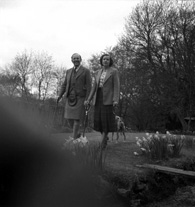
Reference: 44583r
Brigadier Kenneth James Garner...
|
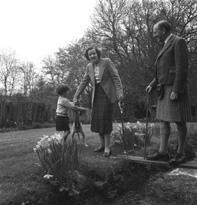
Reference: 44583q
Brigadier Kenneth James Garner...
|
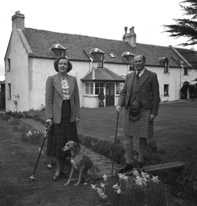
Reference: 44583p
Brigadier Kenneth James Garner...
|
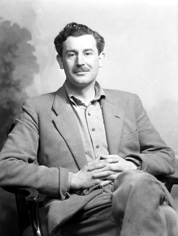
Reference: 40813b
Lord Lovat. Brigadier Simon Ch...
|
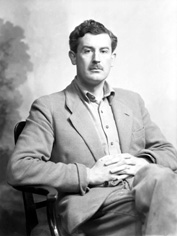
Reference: 40813a
Lord Lovat. Brigadier Simon Ch...
|
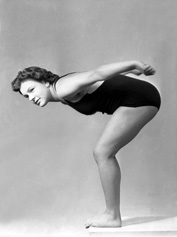
Reference: 38323b
Miss Margaret Munro was the ho...
|
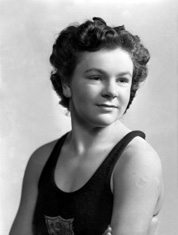
Reference: 38323a
Miss Margaret Munro was the ho...
|
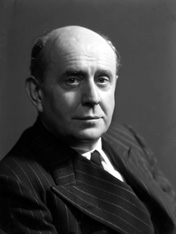
Reference: 37639
His Excellency Jan Masaryk, Vi...
|
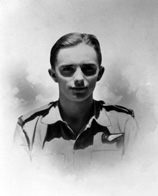
Reference: 156
Mrs Paton. ...
|

Reference: 44611f
Lieutenant John C.O.R Hopkinso...
|
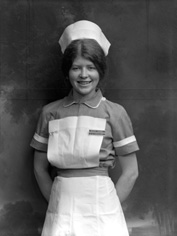
Reference: 48051e
Norma C. McCallum, staff nurse...
|
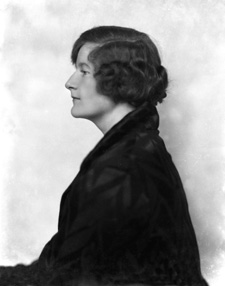
Reference: 25909b
Miss Elsie Sime, Drummond Hill...
|